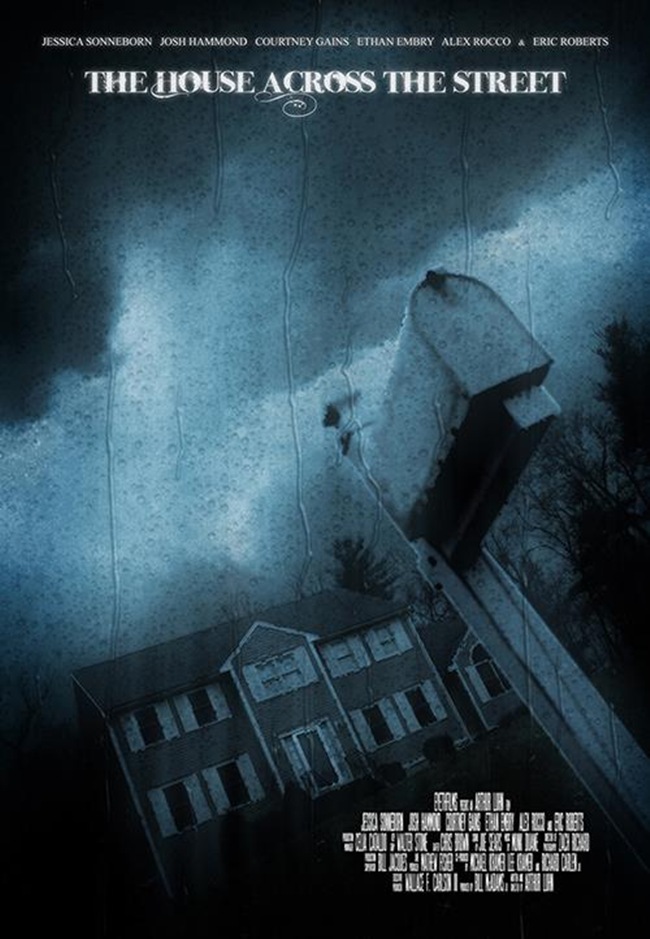
#Across the street how to
“Golly, I wouldn’t know how to use it,” she said, “and besides, with Bart around, I always feel super safe.” She was the sort of gal who said things like “golly” and “super.” She wore cardigan sweaters and corduroy pants from L.
#Across the street free
In exchange for her kindness, Glory sometimes gave her free samples of pepper spray, which Tippy accepted with some reluctance. She did Glory’s hair and was even kind enough to open the shop during off hours if Glory happened to need a cut or her dye job touched up before a home party. Tippy was a stylist at a salon called Mop. “What do you imagine he does with his trash?” she asked her friend Tippy Duncan, who lived next door. She was of a generation bred in a time of excess, and she’d never quite got with the program that said she should be a lady of restraint as she aged. She drank Knob Creek bourbon-in moderation, of course-even smoked a little weed from time to time. She dressed in business suits, wore sensible shoes, kept her dyed black hair in an upsweep, wore a single strand of elegant pearls around her neck.Īt home, though-ah, at home, she was a different gal: relaxed, carefree, on the lookout for the next laugh. She’d perfected a delivery that made women feel simultaneously afraid and confident. Whatever it takes, she told her clientele, to keep you safe. She organized home parties and convinced women to buy pepper sprays, steel batons, throwing stars, kubotans, door braces, and even complete home security systems. Glory worked for a company that sold self-defense products to women. He drove a red MX-5 Miata with a retractable hardtop and was known to come speeding down the cul-de-sac in the evenings with a toot-toot of his horn to let his wife, Glory, know he was home.

Artie owned a wholesale jewelry business, and his stubby fingers were heavy with rings-gold bands, some with onyx stones-and a Rolex of Everose gold nestled into a tuft of gray hairs on his left wrist. The son’s name was Jim, a solid name, a name one might expect a fifty-eight-year-old man to have, coming as he did from a generation of Jims and Eds and Bobs and Joes and Steves-good, solid names for good, solid men. It was time, the father assured his wife, to let whatever was going to happen run its course.

They lived in one of the city’s high-toned suburbs nearly ten miles to the east, a village of stone houses and stone walls and a fall festival on the green, a ritual they had to bypass this year because they were busy with the house that would now be their son’s. After years of group homes and institutions and finally time spend in their care, his parents-he an inventor, and she a dour, nervous woman-purchased a two-story house on Bay Meadows Court and helped their son move into a subdivision just inside the outer belt with its constant noise of traffic. The idea was to let their adult son live on his own. He is the author of several novels, including Late One Night, Quakertown, and The Bright Forever, which was a finalist for the 2006 Pulitzer Prize in Fiction. This is Martin's first short story collection since his debut, The Least You Need to Know, in 1996. The following is from Lee Martin's collection, The Mutual UFO Network.


 0 kommentar(er)
0 kommentar(er)
